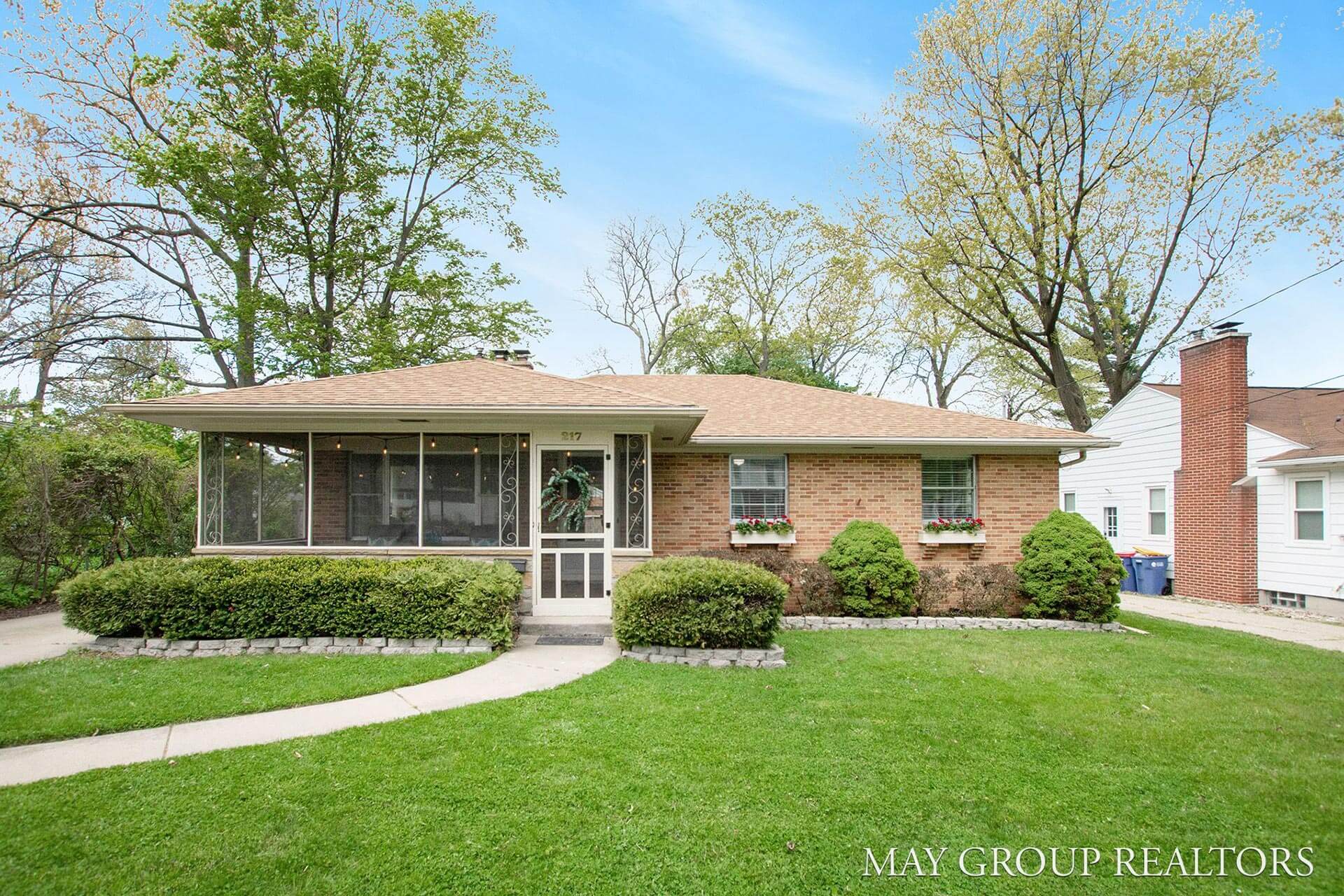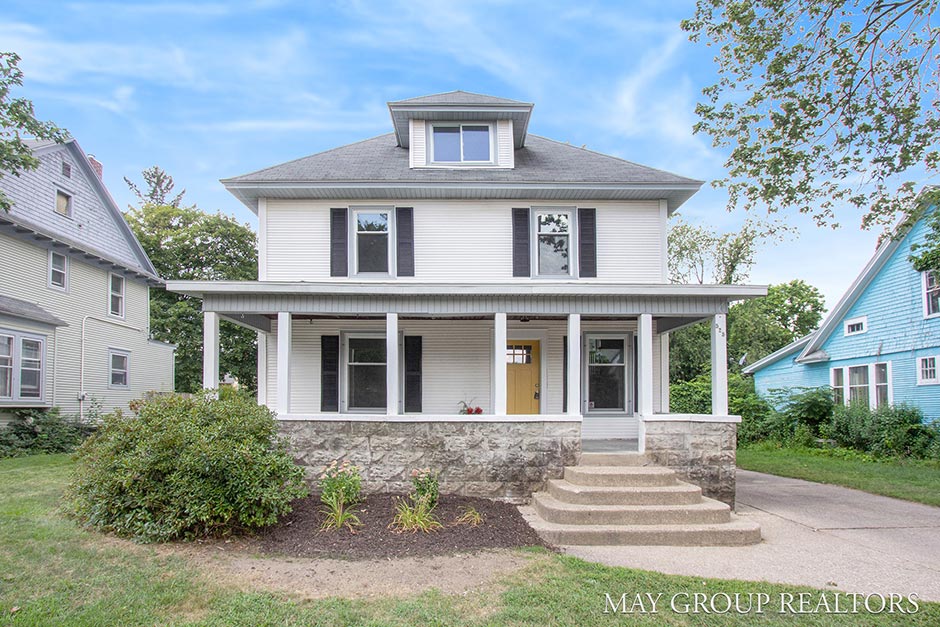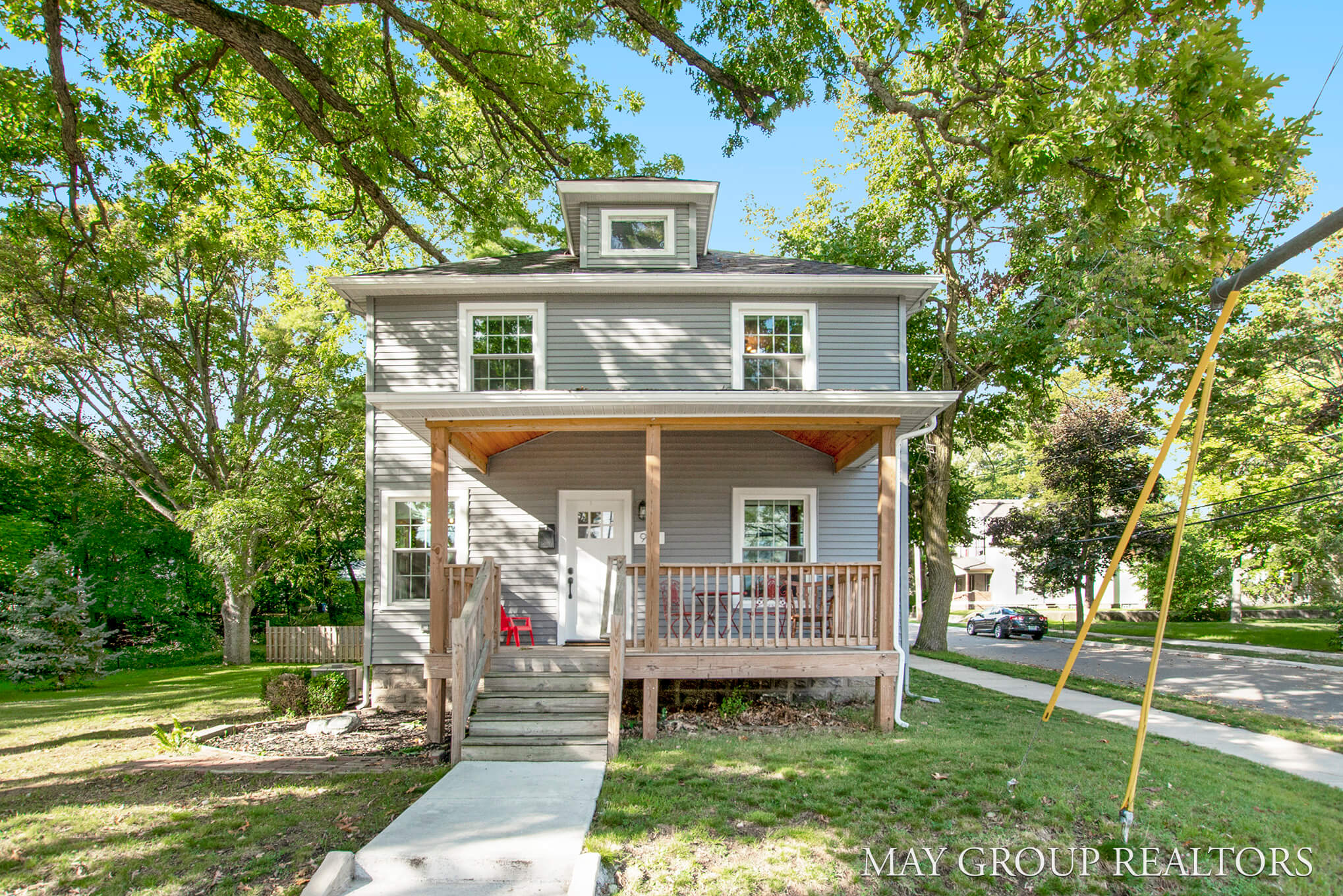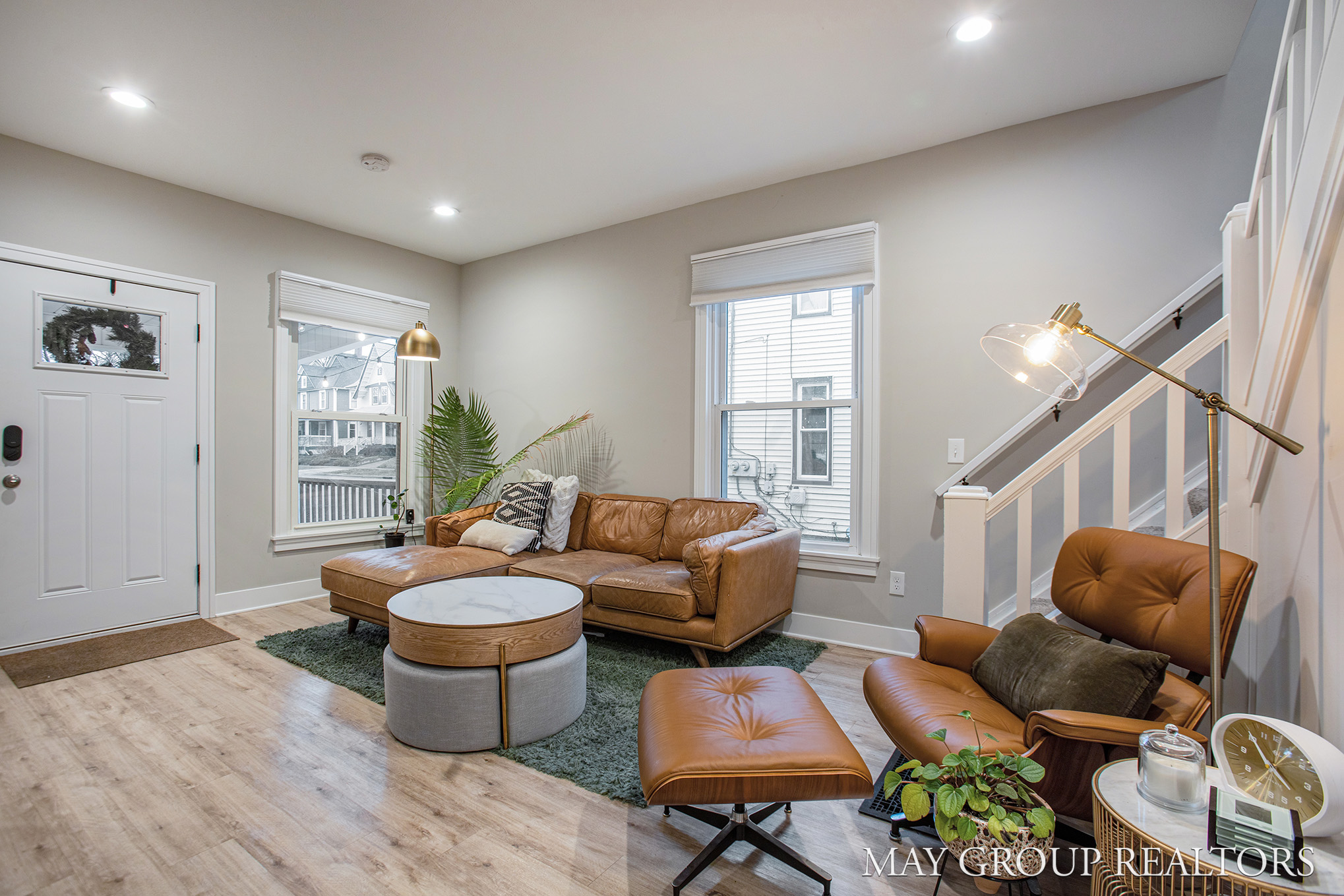There are many different kinds of loans available. Below is a brief overview of the many options available, but for more information, connect with your lender or reach out to our team to get connected to one of our preferred local lenders.
Evaluate the Home
Decide ahead of time what features you want to have in your future house. Think about the features that you will absolutely need and which would be nice to have.
Here are some things to think about as you work out that list:
- Do you want a new build or a resale?
- How many bedrooms and bathrooms do you need?
- What type of floor plan - Two Story, Ranch, Multi-level?
- Do you need a basement - finished or unfinished?
- Do you want a large or small lot?
- Do you want to live in the city or in a rural area?
- Do you need a garage? How many stalls?
Evaluate the Neighborhood
In choosing a neighborhood, take the following into consideration:
- Determine the proximity to work or school and decide whether this is an important issue for you. Check out the proximity to shopping and recreation centers.
- Drive or walk around the neighborhood you are considering. Notice the condition of the houses in the area. Homes in good condition indicate pride in ownership that has a positive impact on property values.
- If you have children, you will most likely want a neighborhood that is family-oriented, so that your children will have other children around to play with.
- Families will also want to look into the quality of the local school districts.
- If you like sports, you may want a neighborhood that features jogging paths, parks, tennis courts, etc.


Amenities
Make a list of the amenities you would like to have in your home. Here are a few to think about:
- Large kitchen
- Kitchen appliances
- Master suite
- Number of bedrooms on the same level
- Main floor master bedroom
- Type of flooring
- Where do you want the laundry room
- Number of fireplaces
- Air conditioning
As you view the different homes, write down the pros and cons of each one. Evaluate how each one measures up to the criteria you have established. Your efforts will go a long way toward assuring that the home you buy is the right choice for you!
Buyer’s Agents
A buyer’s agent, under a buyer’s agency agreement with the buyer, acts solely on behalf of the buyer. A subagent of the buyer is one who has agreed to work with the buyer’s agent and who, like the buyer’s agent, acts solely on behalf of the buyer. Buyer’s agents and their subagents will disclose to the buyer known information about the seller which may be used to benefit the buyer.
The duties of a buyer’s agent and subagent owe to the buyer include:
- Promoting the best interests of the buyer.
- Fully disclosing to the buyer all facts that might affect or influence the buyer’s decision to make an offer to purchase.
- Keeping confidential the buyer’s motivations for buying.
- Presenting all offers on behalf of the buyer.
- Disclosing to the buyer all information about the willingness of the seller to complete the sale or to accept a lower offer price.


Listing Agents
A listing agent, also known as a seller’s agent, under a listing agreement with the seller, acts solely on behalf of the seller. A seller can authorize a seller’s agent to work with subagents, buyer’s agents, and/or transaction coordinators. A subagent of the seller is one who has agreed to work with the listing agent, and who, like the listing agent, acts solely on behalf of the seller. Seller’s agents and their subagents will disclose to the seller known information about the buyer which may be used to the benefit of the seller.
The duties that a seller’s agent and subagent owe to the seller include:
- Promoting the best interests of the seller.
- Fully disclosing to the seller all facts that might affect or influence the seller’s decision to accept an offer to purchase.
- Keeping confidential the seller’s motivations for selling.
- Presenting all offers to the seller.
- Disclosing the identities of all buyers and all information about the willingness of those buyers to complete the sale or to offer a higher price.
Dual Agency
A real estate licensee can be the agent of both the seller and the buyer in a transaction, but only with the knowledge and informed consent, in writing, of both the seller and the buyer.
In a dual agency situation, the licensee will not be able to disclose all known information to either the seller or the buyer. As a dual agent, the licensee will not be able to provide the full range of fiduciary duties to the seller or the buyer.
The obligations of a dual agent are subject to any specific provisions set forth in any agreement between the dual agent, the seller, and the buyer.


Resources
If you're looking for some additional resources on buying a home, check out these episodes from the Living in Grand Rapids Podcast that may be of interest.
???? How much should a buyer have for a downpayment?
???? Popular Neighborhoods for Young Couples in Grand Rapids
???? All About New Build Construction Homes
???? All About Luxury Homes in Grand Rapids
